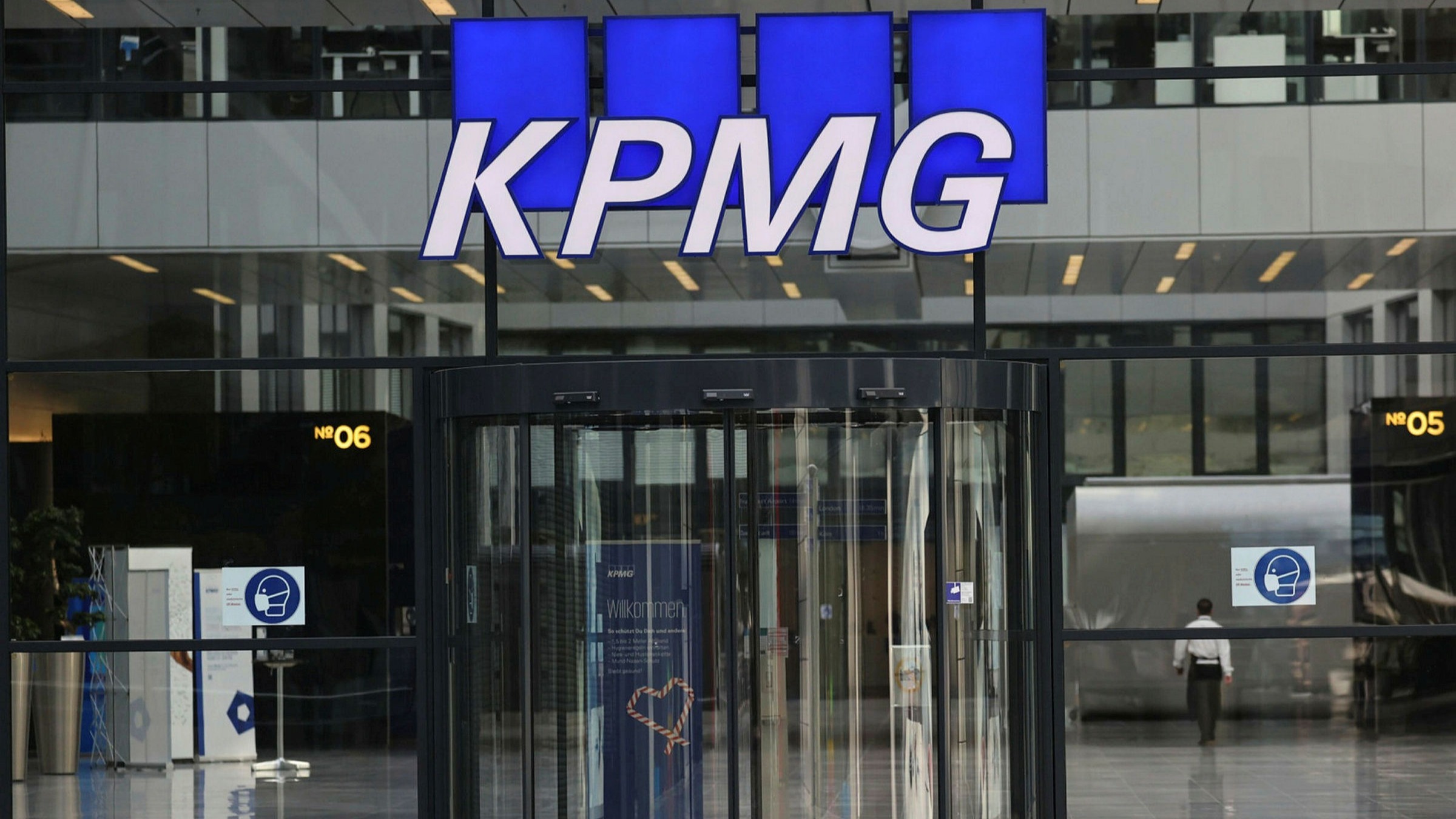KPMG said it had no choice but to advise Silentnight to file for bankruptcy and be purchased by a private equity firm. This assertion was deemed “fundamentally untrue” by a British disciplinary court. The fact that KPMG attempted to deceive the regulator is unprecedented in the FRC’s history.
The British financial watchdog penalized KPMG £13 million for a ‘very alarming’ conflict of interest in August. Silentnight, a bed and mattress maker, was allegedly forced into bankruptcy by KPMG in 2011 in order for HIG, a private equity firm, to purchase the company. The £100 million pension fund could not be taken up by HIG Capital due to Silentnight’s bankruptcy. Silentnight’s 1,200 pensioners, the majority of whom were manufacturing workers, have lost an estimated £50 million due to the scheme’s transfer to the Pension Protection Fund. Despite the fact that HIG’s interests were “diametrically opposite” to KPMG’s client, Silentnight, the FRC determined that KPMG had acted in HIG’s best interests.
Because they did not disclose evidence to investigators at the Financial Reporting Council, the disciplinary court determines that KPMG and David Costley-Wood, the senior partner who led the advising on Silentnight, did not participate in the investigation (FRC). It is the first time, according to the financial reporting watchdog, that a corporation has attempted to deceive the regulator during a disciplinary process. KPMG allegedly neglected to notify the FRC about a £45,000 Silentnight charge for services done before the formal contract was signed. This is ‘impossible to understand,’ according to the disciplinary judge, and the court also found it difficult to accept that this had been overlooked inadvertently.
KPMG has consistently defended itself by claiming that it had no choice but to force Silentnight into bankruptcy and advise it to sell company to HIG Capital, a private equity firm. However, the FRC claims that the accounting and consulting business was aware that their defense was false. As a result, the disciplinary court decided that KPMG and David Costley-Wood had presented a “fundamentally false story.” According to the stern decision of the disciplinary judge, who did not dare to use the term “hard falsehoods,” “KPMG and Mr Costley-Wood have compounded their significant misbehavior as a result.”
Prohibition for professionals Costley-Wood departed KPMG last year, calling the investigation into his case a “witch hunt.” KPMG CEO Jon Holt said he completely acknowledged the disciplinary judge’s findings and was disappointed that “the professional standards we demand from our partners were not maintained in this situation.” The £500,000 fine imposed on Costley-Wood was sustained by the disciplinary court. KPMG, on the other hand, is the one who pays for it. For the past 13 years, Costley-Wood has been barred from working. KPMG must also explain for its role in many other bankruptcies in England, including Carillion and Conviviality, the owner of Bargain Booze.
Source: Accountancyvanmorgen






